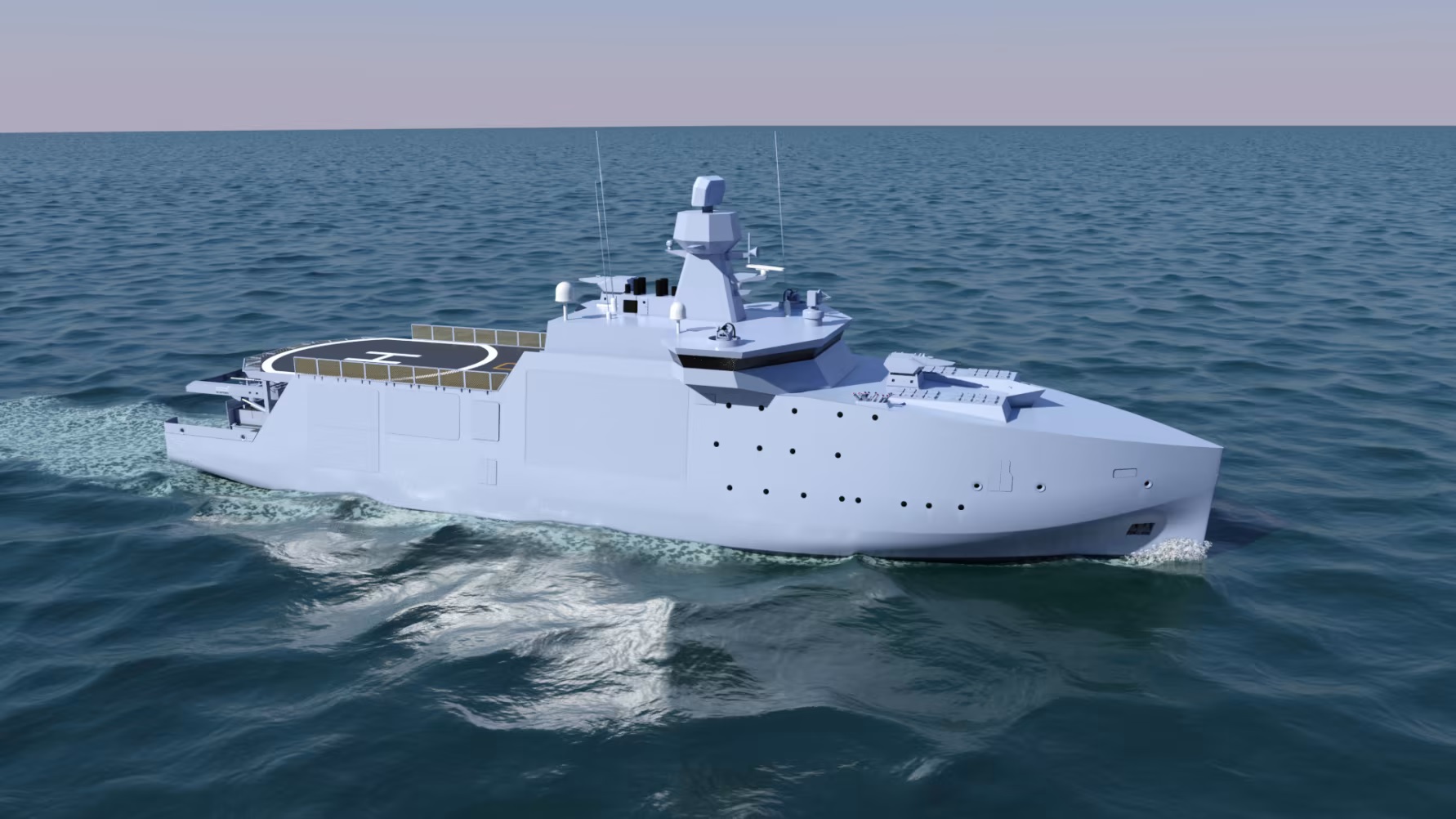Systematic and OMT to develop adaptable MPVs

Image courtesy Systematic
According to newly established company CUBEDIN A/S, which is a joint venture between two Danish companies, Systematic A/S and Odense Maritime Technology (OMT), in the foreseeable future it will be possible to configure ships in a matter of hours and thus transform an inspection ship into a patrol vessel, or a mine-sweeper into an environmental protection craft.
Both companies have made their name on the global market, in Systematic’s case within software development while OMT specialises in ship design. These competencies have now been brought together in CUBEDIN A/S and will help to create the naval vessels of the future in the form of modular and flexible ships.
OMT, whose roots stretch back to A.P. Moller - Maersk and Odense Shipyard, is delivering expertise within modern ship design, while the second half of the maritime partnership is the software company Systematic, which is behind IT solutions that are used worldwide within defence, health, the police and wind turbine operations.
Together, the two companies have created a concept for building a brand new type of modular, flexible naval vessel. In a nutshell, the ships are designed and built to accommodate different modules – the so-called ‘cubes’ – which are delivered by the Danish company SH Defence. The cubes are containers which can accommodate different loads and which can quickly be loaded/unloaded depending on the ship’s forthcoming missions. The loads can come from a wide range of suppliers, just as long as they fit within the cube.
Danny Ingemann is the newly appointed CEO at CUBEDIN A/S. He is convinced that the future is cuboid and that the modular designs point the way to tomorrow’s naval ships as well as vessels operated by the public authorities: “Ships that are currently in service are not designed with flexibility in mind. They are usually created for a specific purpose and for a particular type of task. Using the CUBEDIN technology, shipbuilders can deliver modular vessels which, in the space of a few hours, can be adapted for different missions simply by replacing the modules. This is not just practical and flexible – it’s also far cheaper, because mission-specific ships are expensive to procure and maintain.”
CUBEDIN A/S has already signed a partnership agreement with the Thales which, like several other companies around the world, has expressed a desire to deliver content for the cubes on the ships.
Danny said: “The functionality we can incorporate on board the ships in this way offers countless possibilities and therefore we’re very open to collaborating with companies that can build and deliver such functionality. The goal is to have a ‘Cube store’, where customers can freely choose which functions they want their ships to have."
As part of the new joint venture, OMT is delivering flexible ship design, while Systematic is responsible for developing and supplying the software which integrates the various modules that transform the vessel for the relevant mission.
According to Danny, the CUBEDIN concept holds enormous potential on the global market, as it allows individual countries to decide for themselves where the ships are to be built, which functional containers they will have – and from whom they will buy them: “It’s a ground-breaking concept, because it’s based on open ship design with standardised cubes and open communication standards. It’s an approach that gives access to a large global market which needs this type of ship and, not least, the different possibilities in having them built. We’re not in any doubt that this way of building naval vessels is the future.”
Danny Ingemann expects the first ships to enter production in the next couple of years and the first vessels to be launched in about four years’ time.











